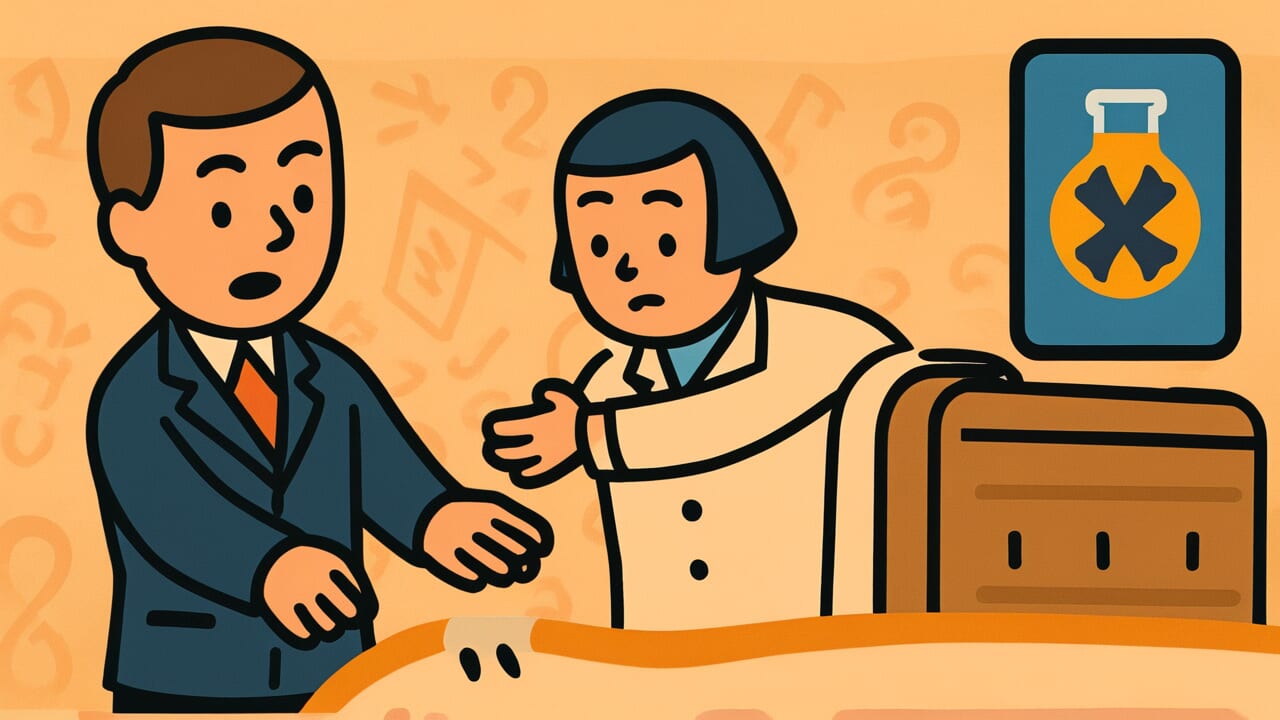How to Read “Once you die, you don’t die twice”
Ichido shineba nido shinanu
Meaning of “Once you die, you don’t die twice”
“Once you die, you don’t die twice” means that since humans can only die once, there’s nothing to fear when you make a life-or-death decision.
This isn’t about being reckless. It expresses the mental strength that comes from ultimate resolve.
This proverb is used when facing major decisions or confronting big challenges. It shows the determination to face something that can’t be accomplished with half-hearted effort.
Today, we rarely face actual life-threatening situations. But the spirit of this saying lives on when we make life-changing challenges or irreversible decisions.
By accepting the worst possible outcome, you actually lose your hesitation. This lets you tackle things with full commitment.
Origin and Etymology
There are no clear records of when this proverb first appeared in literature. However, we can understand its background through its structure and Japanese warrior spirit.
The expression “Once you die, you don’t die twice” has an extremely logical structure. It transforms the biological fact that humans can only die once into a matter of resolve.
In other words, once you’ve accepted death, there’s nothing left to fear.
This way of thinking is deeply connected to the view of life and death valued among the samurai class during the Edo period.
Warriors lived constantly alongside death. How to accept death was a crucial issue for them. If you fear death, you can’t make correct judgments when the moment comes.
Instead, by accepting death beforehand, you can act more calmly. This is the paradoxical wisdom here.
Also, the Buddhist concept of “life and death as one” may be in the background of this proverb.
This teaching views life and death not as opposites but as unified. By not treating death as special and accepting it as a natural flow, you gain true freedom.
Usage Examples
- If I’m going to start a business, I’ll invest my entire fortune with the resolve that once you die, you don’t die twice
- I’m scared to confess to her, but thinking once you die, you don’t die twice, I’ll talk to her tomorrow
Universal Wisdom
The proverb “Once you die, you don’t die twice” offers deep insight into the relationship between human fear and resolve.
When we fear something, that fear is often our imagination of “the worst possible outcome.” But if you accept that worst outcome beforehand, you have nothing left to lose.
This paradoxical wisdom strikes at the essence of human psychology. We fear the unknown, but the moment we clearly recognize and accept it, fear transforms into power.
By accepting death, the ultimate loss, the power to live actually wells up inside you.
Our ancestors understood this psychological mechanism through experience. Warriors heading to battle, merchants taking on difficult ventures, people at life’s crossroads all knew this power of resolve.
Rather than clinging to half-hearted hope, accepting the worst lets you calmly do your best. This is the truth.
This proverb has been passed down for so long because humans fundamentally need the mental state called “resolve.”
Hesitation and fear slow down action. But the moment you steel yourself, people display surprising strength. This is a fundamental quality of human existence that doesn’t change with time.
When AI Hears This
In the quantum mechanics world, particles like electrons and photons exist in a strange state called “superposition” before being observed.
Multiple states exist simultaneously. For example, an electron is in an ambiguous existence of “being here and also there.”
But the moment a human observes with measuring equipment, this superposition collapses. The particle becomes fixed in one definite state. This is called “wave function collapse.”
What’s important is that once observed and its state is determined, the particle can never return to its pre-observation superposition state.
The structure of this proverb, “Once you die, you don’t die twice,” is exactly this irreversibility.
Quantum state observation can be called the “death of a state” from infinite possibilities to one reality. A particle that before observation was full of possibility, “able to exist in any location,” loses most of those possibilities through observation.
It becomes fixed in one position. This change cannot be undone.
In other words, this proverb expresses not just life advice but “the one-way nature of state transitions,” a fundamental law of the universe.
At both the quantum level and in human experience, changes that cross a certain critical point cannot be reversed. Physics teaches us that the world consists of “a continuous series of irreversible observations.”
Lessons for Today
What this proverb teaches modern you is how to face fear. We’re pressed to make various decisions every day, big and small.
Changing jobs, starting a business, confessing feelings, taking on challenges. All carry the risk of failure. At those times, approaching with half-hearted feelings is actually most dangerous.
In modern society, too many choices actually make more people unable to decide. Because they think they can always turn back, they can’t get serious.
But truly important things cannot be accomplished while leaving yourself an escape route.
This proverb isn’t recommending reckless action to you. Rather, it teaches the value of concentration born from resolve and action without hesitation.
When you imagine the worst outcome and still decide to move forward, the power sleeping inside you awakens.
Life has moments when you must steel yourself and face things head-on. At those times, remember these words.
Since you only have one life, living with resolve rather than being controlled by fear will surely give you a much more fulfilling time.



Comments